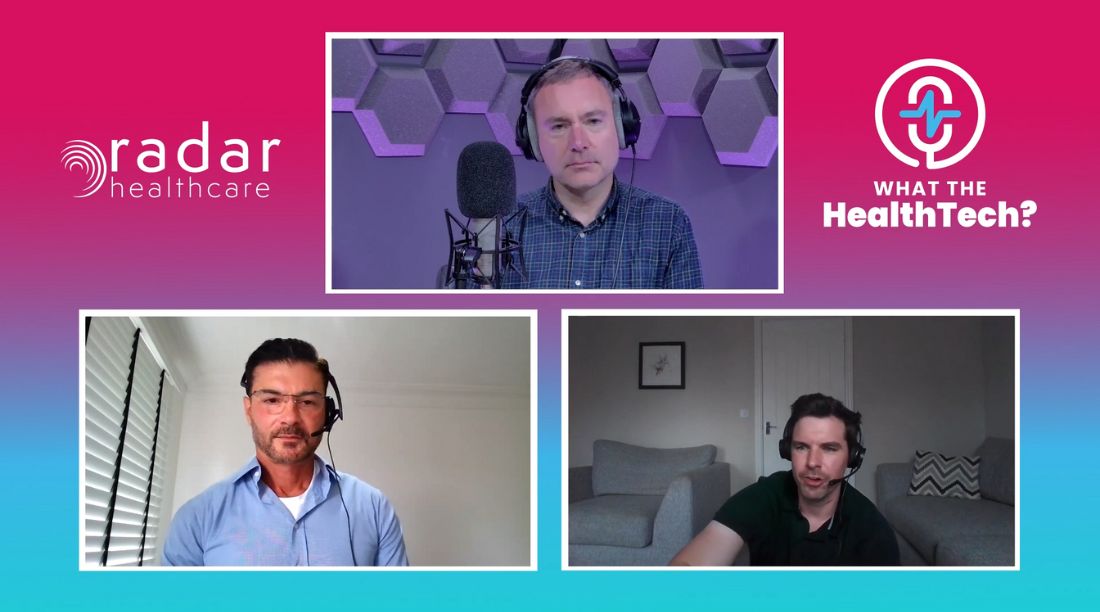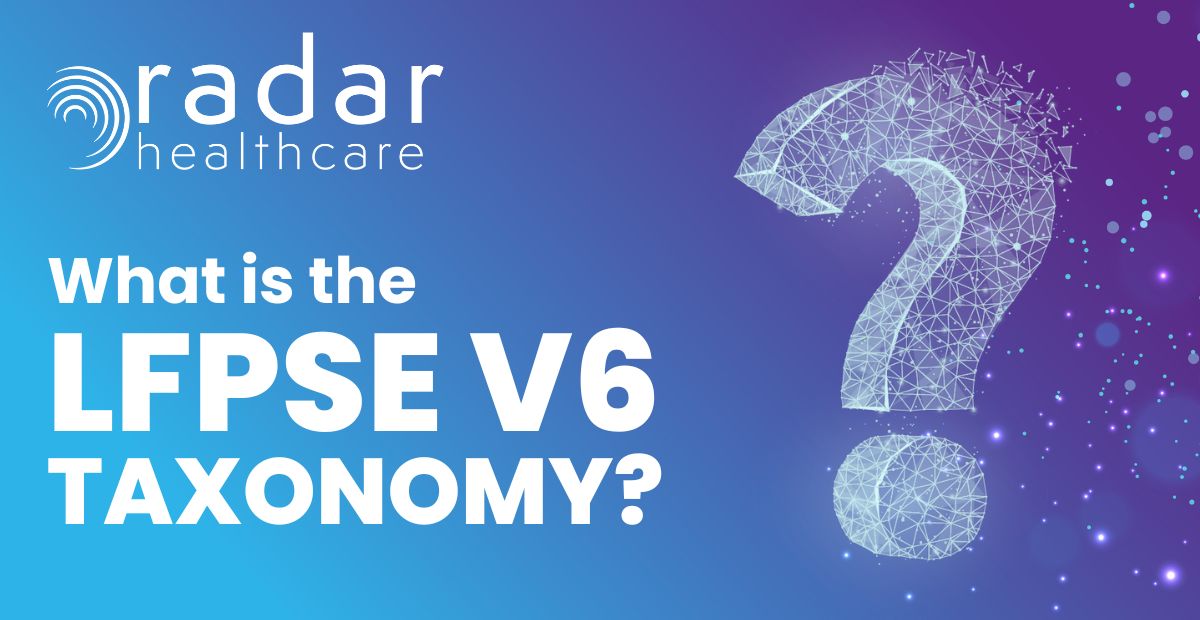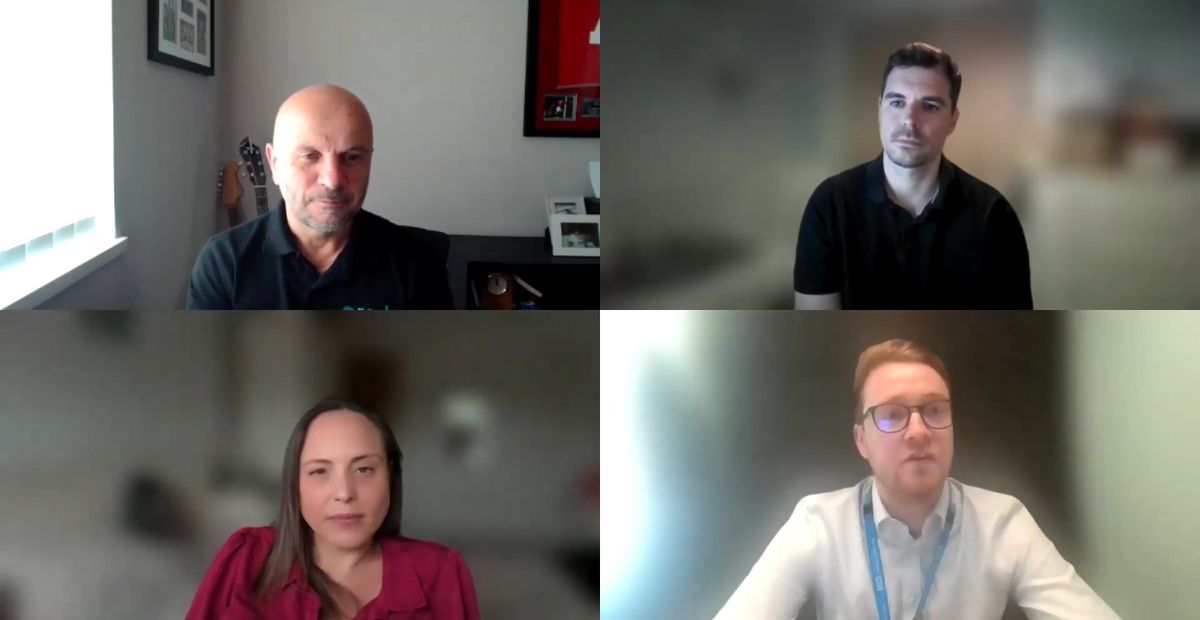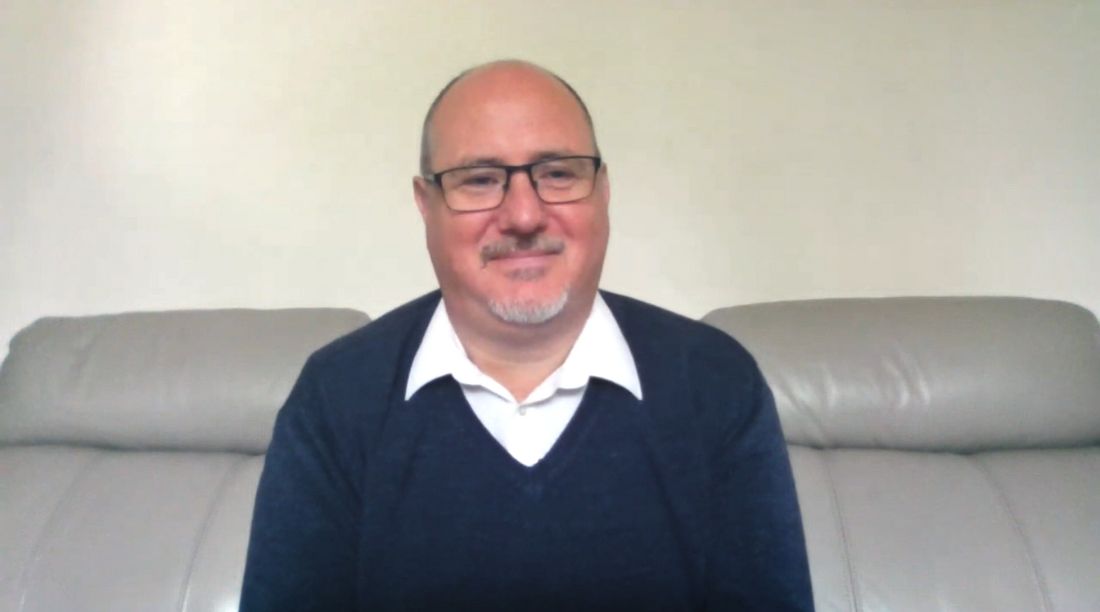Pioneering Patient Safety: Radar Healthcare achieves LFPSE V6 Accreditation
Tags:
Insights from Jack Forshaw on Radar Healthcare’s LFPSE V6 Accreditation
Join us in this insightful Q&A session with Jack Forshaw, Project Manager Lead and LFPSE Champion at Radar Healthcare.
Jack shares his expertise and experiences as Radar Healthcare achieves LFPSE V6 accreditation, becoming the first approved LFPSE testing supplier by NHS England in the healthcare sector.
From our strategic approach to invaluable advice, dive into the journey of enhancing our platform and ensuring compliance with the latest standards.
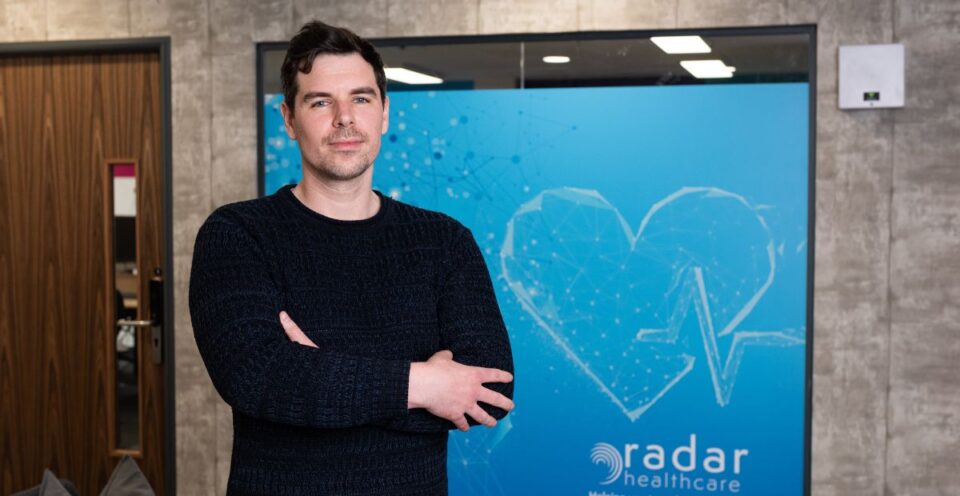
Can you provide a brief overview of what LFPSE V6 entails and its significance in patient safety?
The LFPSE V6 taxonomy is an advancement over the current V5, which we were already accredited in. It includes changes such as adding serious incident questions to the governance framework and expanding selection criteria within the reporting form for more detailed options. It also introduces a broader range of gender selections and helps the NHS analyse data more thoroughly.
A significant change is the ability to report incidents even if no patients are affected, which previously would have been classified differently under V5. Now, incidents are categorised more succinctly, covering all cases from no patients to 10 or more under the same event type.
How did Radar Healthcare become the first accredited technology partner for LFPSE and again with the LFPSE V6?
As you mentioned, we were the first LFPSE testing supplier approved by NHS England. We worked closely with our partners, Milton Keynes University Hospital NHS Foundation Trust, who were the first to integrate LFPSE into their service, to achieve this accolade.
Milton Keynes was our first implementation, and we learned a lot from it. When working with our other NHS partners, we decided to take a more consultative approach. This has worked well with the likes of Circle Health, Hertfordshire Community NHS Trust, and Guy’s and St Thomas’ NHS Foundation Trust, refining the process for consistency and efficiency across customers.
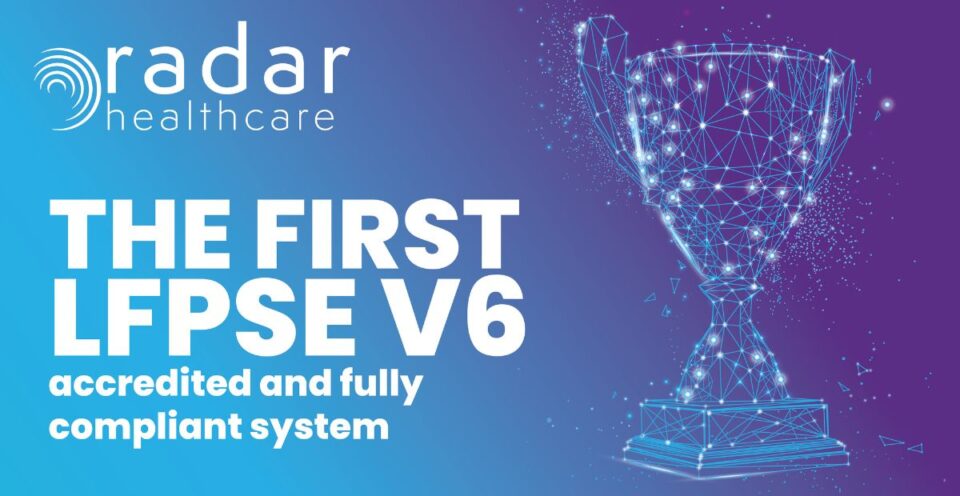
To achieve the V6 accreditation, once we received notification about the taxonomy changes and requirements, we assembled a skilled team from various parts of the business, including customer-facing representatives, API team members, and the development team. We reviewed the changes thoroughly and divided them into sub-teams to address different aspects.
In addition, we have a monthly LFPSE customer user group to showcase our progress and receive feedback. Any major updates, go-live dates, and new form additions are shared online in our LFPSE forum on the Radar Healthcare Community.
Overall, it was a real team effort. I want to give a shoutout to Mark Fewster, Chief Product Officer, Alex Brooks, Product Owner, Darren Stanfield, Software Developer, Julio Isoba-Blanco, Senior Developer, Phil Love, Software Developer, Matt Oldfield, Software Developer, and Andy Cousen, Software Tester who all contributed to achieving the accreditation.
What role does user feedback play in developing and enhancing Radar Healthcare’s solutions, particularly in LFPSE?
We maintain constant communication with NHSE, as they’re keen on all providers adopting the new framework for streamlined data access. User feedback is crucial, though our flexibility is limited by NHS LFPSE taxonomy.
We continuously encourage our partners to give us direct feedback on all aspects of our product and service to better understand their concerns and needs. On our Community, we feature a suggestions box with upvoting capability. To date, 32% of all customer ideas on our forums have been implemented and a further 18% of ideas are confirmed as planned, demonstrating our commitment to customer input.
We gather feedback from customers on what worked and what didn’t. Some suggestions, like dedicated weekly refinement sessions and expedited support availability during go-live, have already been implemented, while others are under review. This feedback loop primarily enhances implementation but also influences ongoing development efforts.
What were the key challenges you faced during the accreditation process, and how did you overcome them?
We’ve faced challenges with the LFPSE change documentation, which has been difficult to interpret. Many final changes we were making were not highlighted initially and only became apparent after testing and receiving feedback.
However, the process has been relatively smooth because we built upon our V5 form rather than starting from scratch. Our previous V5 accreditation and experience, including work with Milton Keynes, have been beneficial. This allowed us to develop best practices for V6 and will make the V6 rollout smoother.
We’ll backdate and upgrade existing users from V5, and new users will be onboarded directly to V6, which will be more efficient since we understand the system well and can help them integrate local questions.

Can you explain how Radar Healthcare supports organisations in implementing LFPSE V6?
We take a consultative approach, discussing the taxonomy requirements and identifying where we can adjust to include local questions. This approach is consistent throughout the form design, which prioritises usability and logical flow. We then use this information to advance their processes, making the data reportable and digestible.
What specific features of Radar Healthcare’s platform make it particularly effective for achieving LFPSE compliance?
Our platform is designed with usability, simplicity, and data output in mind. This ensures that it remains manageable and meaningful as processes evolve. We provide a consultative approach to align local questions with the prescribed taxonomy, making the integration process less daunting.
What advice would you give to healthcare organisations just starting their journey with LFPSE V6?
The process isn’t immediate because the taxonomy is prescribed, allowing no variation in content. Look for duplication to streamline processes and use this opportunity to review and align current practices. We focus on three main aspects: does it provide the needed data, is it easy for stakeholders to use, and is it manageable? Usability, simplicity, coding, and data output are crucial. As processes change, the system should remain meaningful and adaptable for both our support team and the client’s team, ensuring usability.
It’s important to get your internal risk strategy embedded first before focusing on national directives. When integrating local questions into the LFPSE taxonomy, it’s less daunting to see it as integrating something known (local processes) into something prescribed (the taxonomy). This positive shift in perception helps manage the changes more effectively, as you’re building on what you already understand rather than starting from scratch.
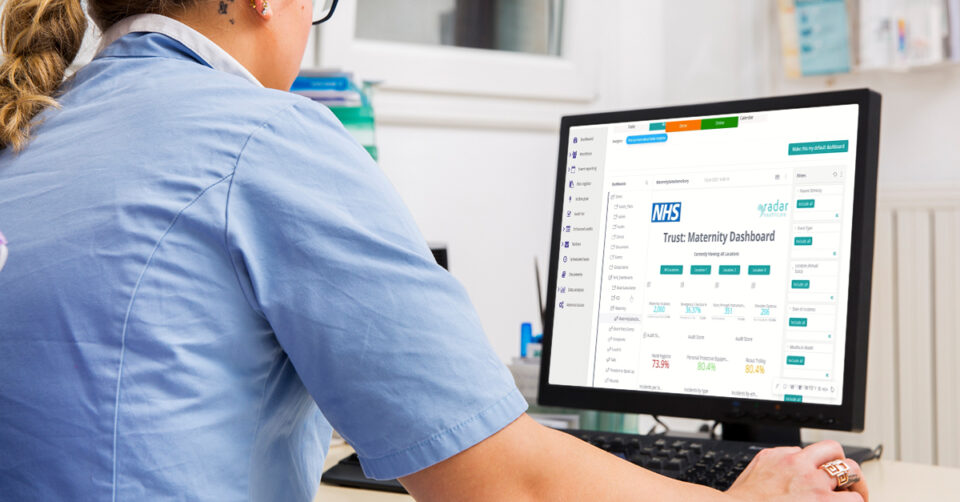
We emphasise that while the initial setup will be right, requirements will likely change within six months to a year. Instead of making constant adjustments, we recommend grouping changes together for a proper update every six months. This approach maintains continuity, reduces change fatigue, and results in more meaningful data and effective change management, as people aren’t constantly dealing with shifting processes.
How does Radar Healthcare support organisations in training and engaging their staff with the new LFPSE V6 processes?
From a systems perspective, our Radar Healthcare Academy offers courses on our Events Module and sub-categories, allowing customers to proceed at their own pace. We require some training before module-specific kick-offs to ensure effective consultation.
Customers can also request training files for integration into their own Learning Management Systems (LMS). Our training team provides customisable packages, including end-user and train-the-trainer sessions, addressing specific needs or weaknesses.
Can you share with us any future plans for Radar Healthcare and LFPSE?
Yes. This version is what we have been calling our ‘vanilla’ V6 form, which is V6 without additional features. The next iteration, possibly labeled V6.2, will introduce quality of life improvements within Radar Healthcare. This includes features like derived fields, where certain form questions can have preset values based on location or specialty. For instance, if an incident occurs in a hospital setting, the form could automatically default to ‘hospital’ for location, reducing user workload unless a specialised scenario requires adjustment.
These enhancements aim to streamline processes and improve user experience. Looking ahead, future updates such as V7 will depend on evolving needs and feedback.
